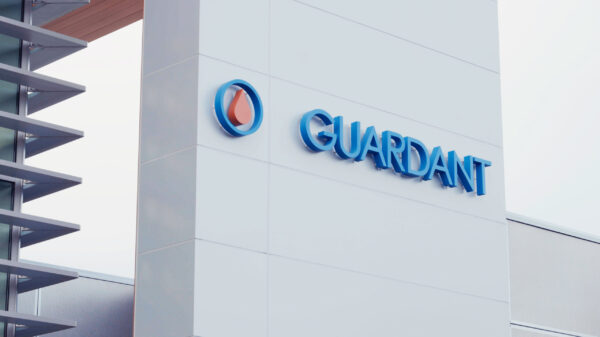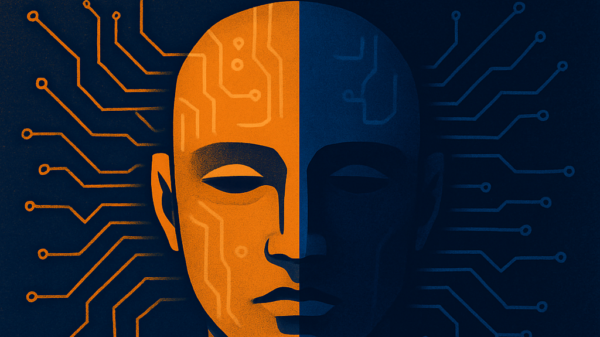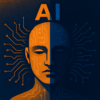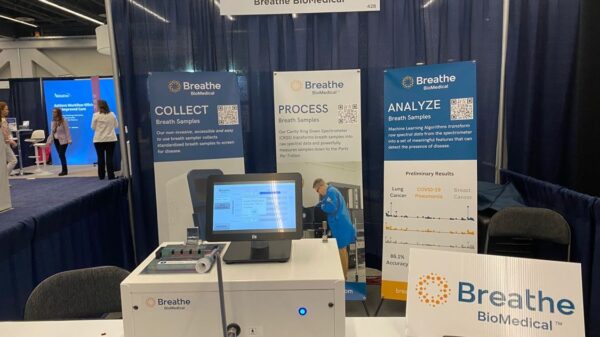Artificial intelligence company Paige and Microsoft Corporation (NASDAQ: MSFT) have collaborated on the construction of a platform to help diagnose and treat cancer.
The two companies revealed the second generation of the Virchow, a million-slide foundation model for cancer, on Friday. The Virchow2 and Virchow2G platforms are the world’s largest and most advanced AI models in clinical pathology. These models offer a deeper understanding of cells and tissue, aiming to redefine cancer diagnosis and treatment.
Paige accumulated an enormous dataset of over three million pathology slides from more than 800 labs across 45 countries. These served as the foundation for training the Virchow2 and Virchow2G models. Researchers gathered this data from over 225,000 patients. They ensured the diversity of the sampling to create a rich and representative dataset.
These models cover over 40 different tissue types and various staining methods. This makes them applicable to a wide range of cancer diagnoses. As a result, Virchow2G is the largest pathology model ever created with its 1.8 billion parameters, setting new standards in AI training, scale, and performance.
Dr Thomas Fuchs, founder and chief scientist of Paige, believes that these models will greatly enhance the future for pathologists and acknowledges that this technology is becoming a crucial advancement in diagnostics, targeted therapies, and personalized patient care.
Read more: VERSES AI levels up with global standards for intelligent system interoperability
Read more: Illustrious market research firm Gartner recognizes VERSES AI for its innovation
Paige creates AI modules to help pharmaceutical companies fight cancer
Paige developed a clinical AI application that enables pathologists to recognize cancer in over 40 tissue types. This tool allows for the quicker and more accurate identification of potentially hazardous areas. This would make the diagnostic process more efficient and less prone to errors, even for rare cancers.
Paige also created AI modules that benefit life sciences and pharmaceutical companies by aiding in therapeutic targeting, biomarker identification, and clinical trial design. This could potentially lead to more successful trials and faster development of new therapies.
Several companies are making significant strides in artificial intelligence.
OpenAI is easily the most recognizable.
It’s known for developing advanced AI models like Chat GPT-4, which powers various applications in natural language processing, including chatbots, content creation, and code generation. At present, it’s focus on creating AI that can understand and generate human-like text, with the broader goal of ensuring that artificial general intelligence (AGI) benefits all of humanity.
Verses AI (CBOE: VERS) (OTCQB: VRSSF) is another key player, specializing in cognitive computing and autonomous AI systems. The Vancouver-based company is working on creating intelligent agents that can learn, adapt, and interact with its environments like humans. The company’s focus is on developing AI technologies that can enhance decision-making processes and optimize operations in industries ranging from logistics to healthcare.
Additionally, Alphabet Inc (NASDAQ: GOOG) subsidiary DeepMind is also at the forefront of AI research. It’s best known for groundbreaking work in reinforcement learning, exemplified by its AlphaGo program, which defeated the world champion in the complex game of Go.
.
Verses is a supporter of Mugglehead news coverage
.
Follow Joseph Morton on Twitter
joseph@mugglehead.com














